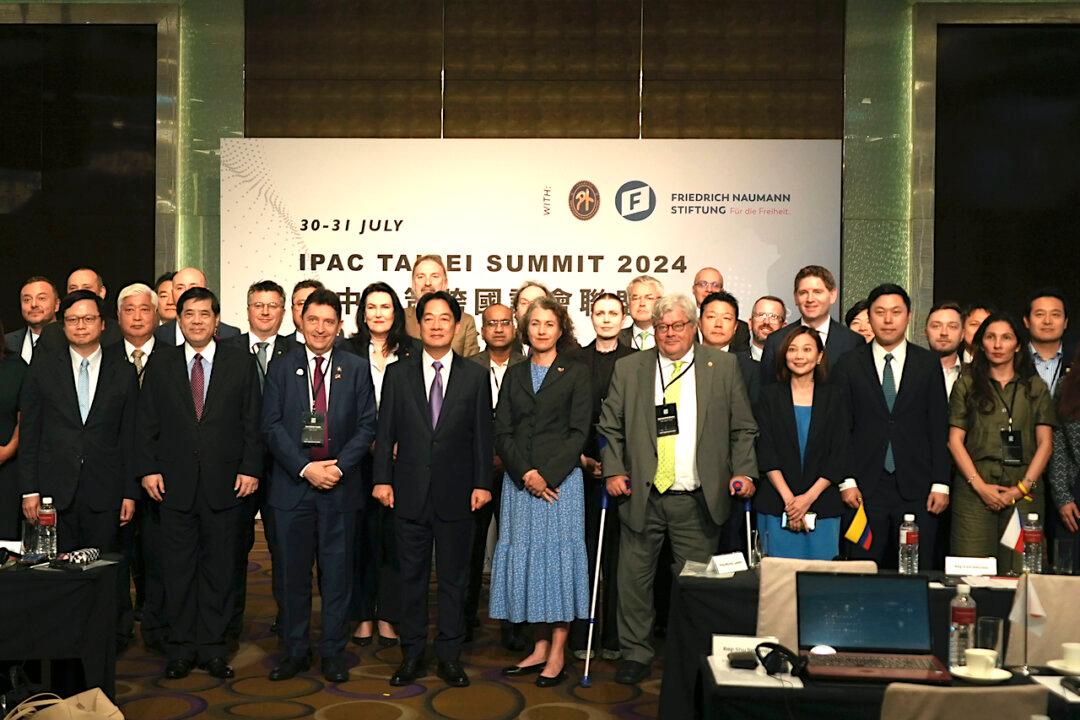Ten percent of global GDP—that’s the estimated cost of a war over Taiwan, says Independent MP Kevin Vuong, who recently visited the island. He joined global lawmakers there to condemn China’s escalating military threat to the democratic island.
To put this in perspective, this price tag is five times the estimated $2 trillion cost of the COVID-19 pandemic and over six times the $1.5 trillion cost of Russia’s war on Ukraine, according to projections from Bloomberg Economics, as noted by the Independent MP for Toronto’s Spadina—Fort York riding.





